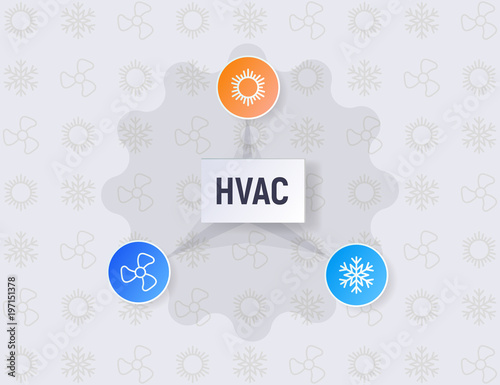When deciding in between air resource and ground source heat pumps, you might find yourself evaluating variables like efficiency, expense, and environmental impact. Each option supplies unique benefits, yet which one lines up best with your demands and top priorities? As you explore the differences between these 2 types of heatpump, you'll reveal vital understandings that can direct you towards making an informed decision that matches your distinct conditions. Stay tuned for a much deeper study the nuances of air resource versus ground resource heatpump to aid you navigate this vital option.
Performance and Efficiency Comparison
When comparing air resource and ground resource heatpump for efficiency and performance, it's necessary to think about how each system operates in various conditions. Air source heatpump draw out warmth from the outside air, making them much more susceptible to changes in temperature level. This suggests they may be much less efficient in incredibly cold environments.
On the other hand, ground resource heat pumps utilize steady below ground temperatures for warmth exchange, supplying more consistent efficiency no matter outside weather conditions. Ground source heat pumps are generally extra energy-efficient over time due to the steady warmth resource underground. In addition, ground source heat pumps often tend to have a longer lifespan compared to air source heatpump, which might impact long-term efficiency and upkeep expenses.
Price Analysis: Setup and Maintenance
For a detailed contrast between air source and ground source heat pumps, it's important to evaluate the costs connected with their setup and upkeep. Air resource heat pumps commonly have reduced upfront installment expenses compared to ground resource heatpump. The installation of air resource heatpump entails much less facility excavation and exploration, making it a more affordable choice for several house owners.
However, ground source heatpump are recognized for their higher performance, which can lead to lower long-term energy expenses, possibly balancing out the first installation expenses over time.
When it involves maintenance expenses, air resource heatpump are normally much easier and less expensive to maintain contrasted to ground resource heatpump. visit my web site need regular checks on the below ground loop system, which can incur additional maintenance expenses.
On the other hand, air resource heatpump commonly need straightforward filter adjustments and occasional expert evaluations, keeping maintenance prices relatively reduced.
Consider both the in advance installment prices and lasting upkeep costs when making a decision between air source and ground resource heatpump to figure out which choice straightens best with your spending plan and requirements.
Environmental Effect Analysis
Evaluating the environmental impact of air resource and ground source heatpump is important in recognizing their sustainability.
https://www.finehomebuilding.com/2021/09/02/hvac-system-for-a-high-performance-home require electrical energy to operate, which can bring about increased carbon exhausts if the electrical energy comes from fossil fuels. On the other hand, ground resource heat pumps make use of the stable temperature level of the ground to warm and cool your home, leading to lower energy consumption and decreased greenhouse gas exhausts.
just click the up coming page of both kinds of heat pumps includes some level of ecological impact, such as using cooling agents in air source heatpump or the excavation required for ground loopholes in ground resource heatpump. Nevertheless, ground resource heatpump have a longer life-span and greater performance, making them an extra eco-friendly choice in the future.
Verdict
When making a decision in between air resource and ground resource heat pumps, consider your environment, budget, and ecological objectives. Air resource heat pumps are more cost-effective in advance, however ground resource heatpump offer greater efficiency and long-term financial savings. Choose the option that straightens with your concerns and demands for a comfortable and sustainable home heating service.
